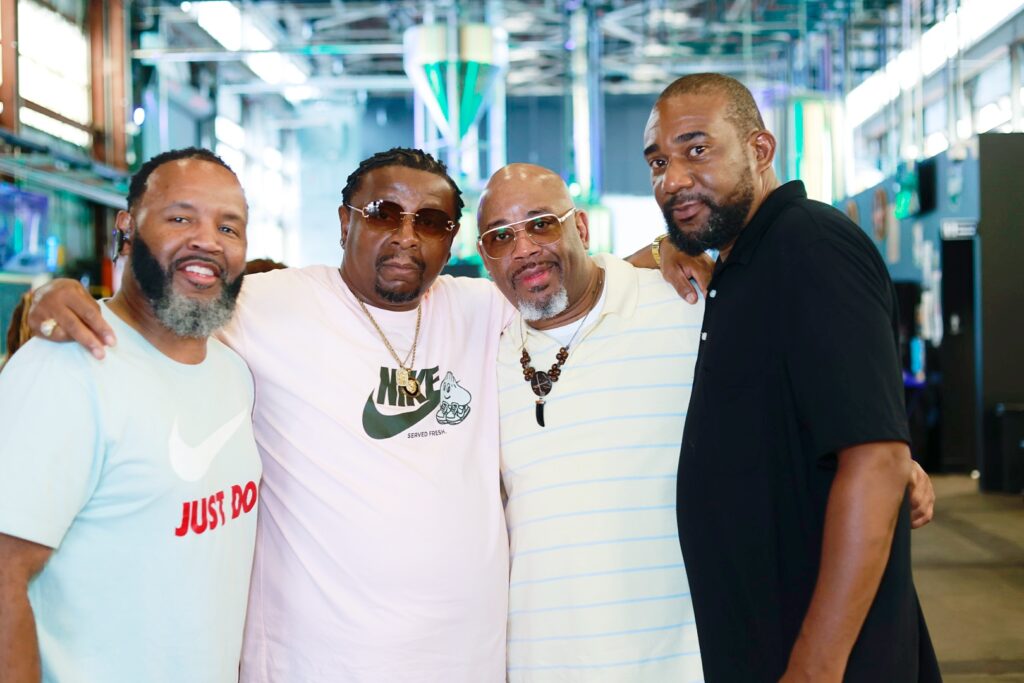URC Unfolds The Real Reason Black Men Aren’t in Therapy

The Real Reason Black Men Aren’t in Therapy
There is a significant disparity in the utilization of therapy services among Black men and children. The underrepresentation of Black men in therapy is not only a mental health issue but also intersects with the complexities of the criminal justice system.
We can examine realities like the disparities in mental health treatment and the trauma of criminalization to find root causes. We can also find resources from the United Returning Citizens that help provide culturally competent accessibility to mental health.
Historical medical discrimination impacting Black men mental health support
To understand the reluctance of Black men to seek therapy, it is essential to consider historical factors that have shaped their experiences. Centuries of systemic racism, discrimination, and social inequalities result in a deep-rooted mistrust of institutions. These infrastructures include mental health services. The historical mistreatment of Black people within medical settings has created a stigma and skepticism that still affects present-day perceptions of therapy. There is simply no trust.
With the Black population less likely to seek mental health care, this is magnified for returning citizens with worse mental and physical health. There is an emphasis on punishment over rehabilitation in the judicial justice system, which overlooks mental health needs. Instead of receiving therapy or counseling, Black men and youth are often subject to measures that further affect their mental health.
Projecting toxic masculinity
In addition, traditional notions of strength, self-reliance, and emotional stoicism also deter individuals from seeking therapy. Black men are- not always but often- automatically seen as hyper-masculine, dominating, and threatening. This is despite their attributes or personalities. Admitting vulnerability or expressing emotions might be perceived as a sign of weakness, contradicting societal ideals of manhood.
Black men and youth deserve opportunities to explore their wide range of emotions without these harmful stigmas that prevent them from doing so.
Mental health treatment disparities
Access to mental health resources is also a significant barrier for many Black men and children. Financial limitations, a scarcity of mental health services in underserved communities, and the absence of insurance coverage can impede their ability to get therapy. When Black people seek health care, it is more likely in an emergency room than with mental health professionals.
A shortage of culturally sensitive therapists further ignites the problem. Black men and youth may find it challenging to connect with therapists who do not share their cultural background or have a limited grasp of their unique experiences. The absence of relatable role models or professionals who can navigate issues specific to Black communities discourages engagement.
United Returning Citizens’ mental health resources
Bridging the gap in therapy access for Black men involved in the criminal justice system is crucial for promoting their overall well-being and reducing the likelihood of reoffending. URC recognizes the impact of trauma. They address barriers like access to therapy to create a system that prioritizes mental health support for Black men. Those interested can find online and in-person help by visiting URC’s resource directory.
